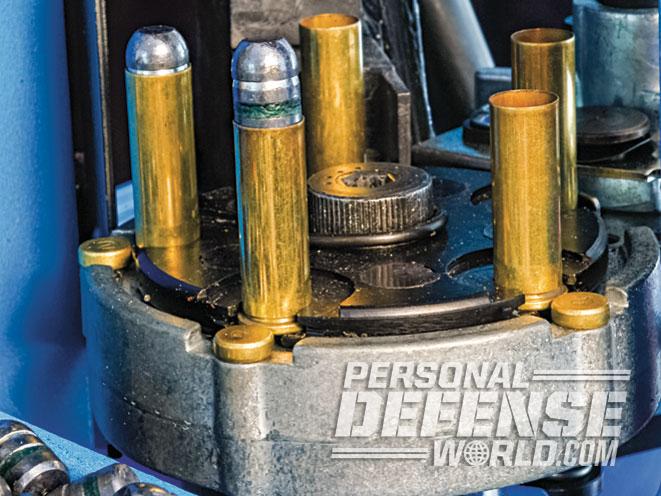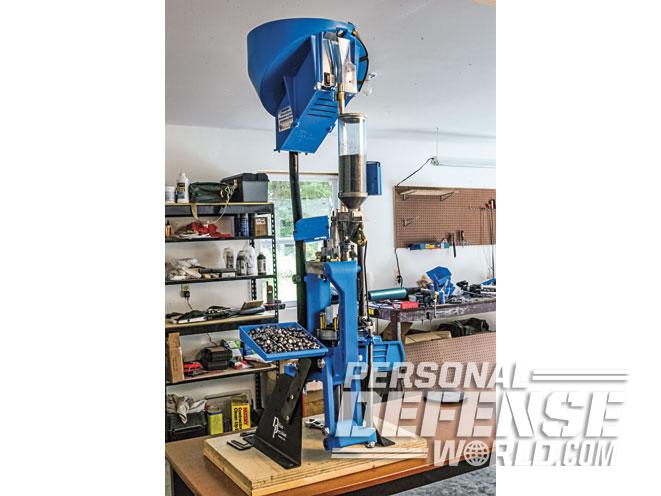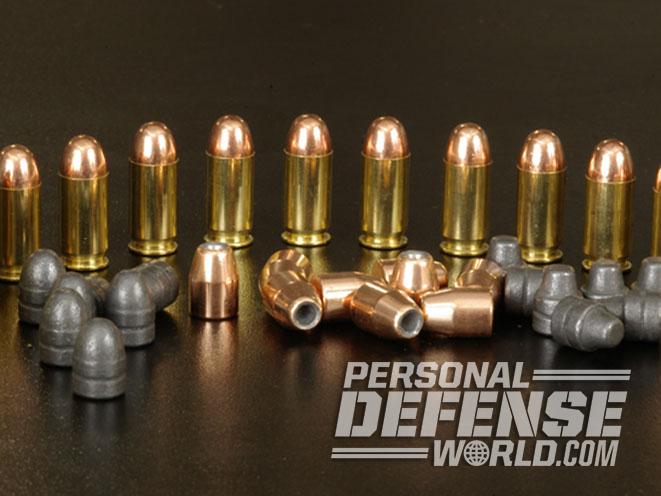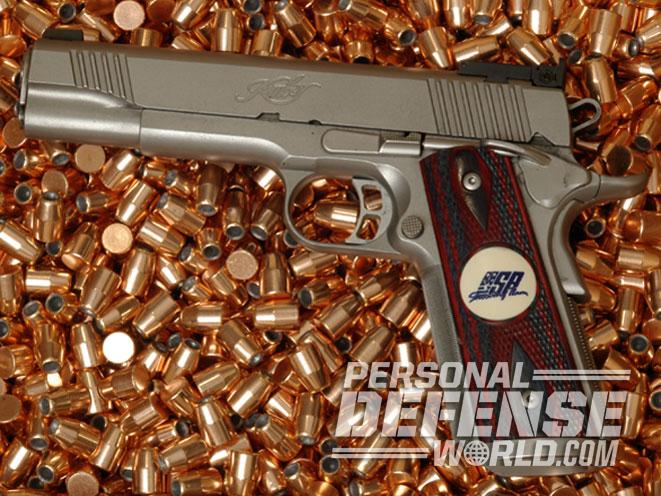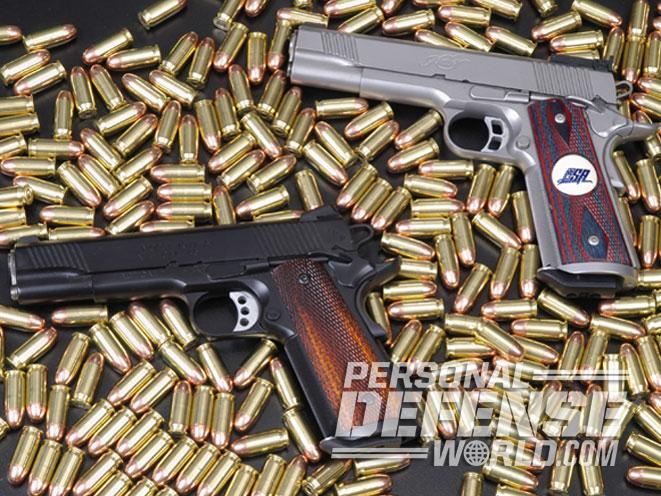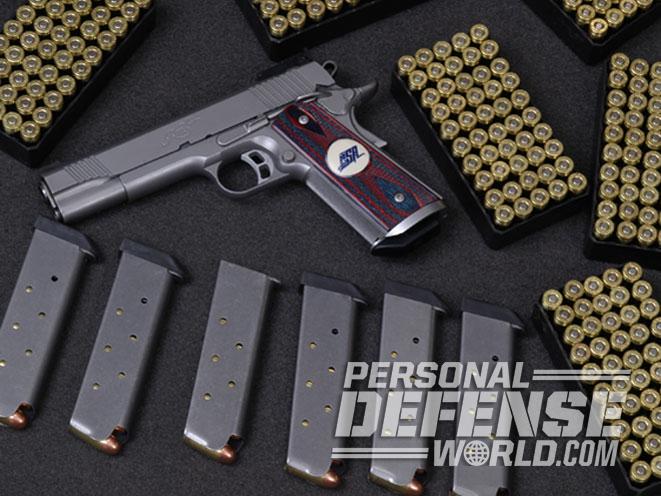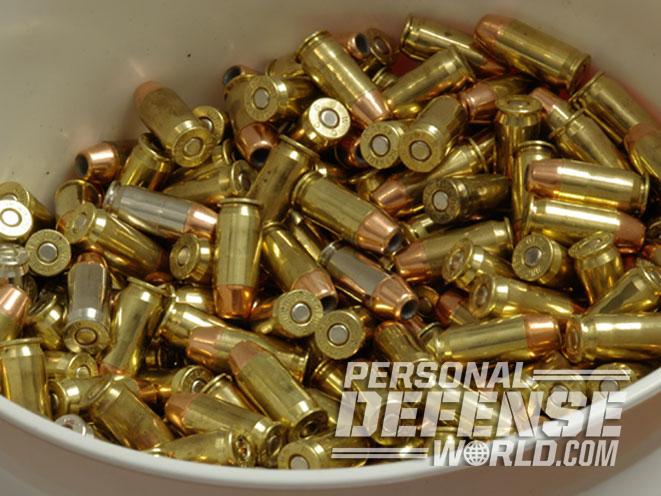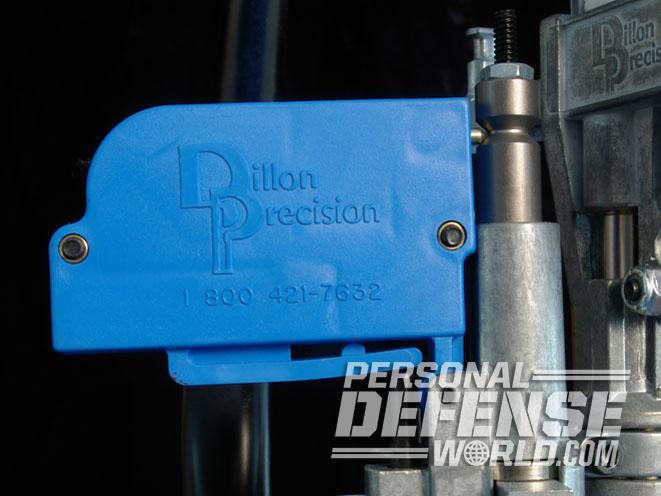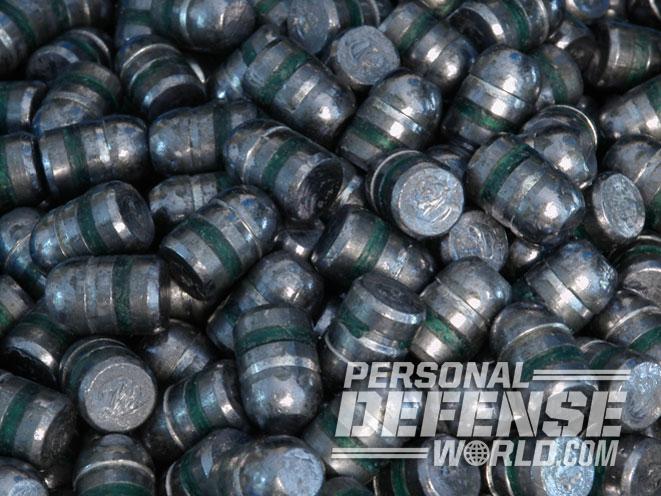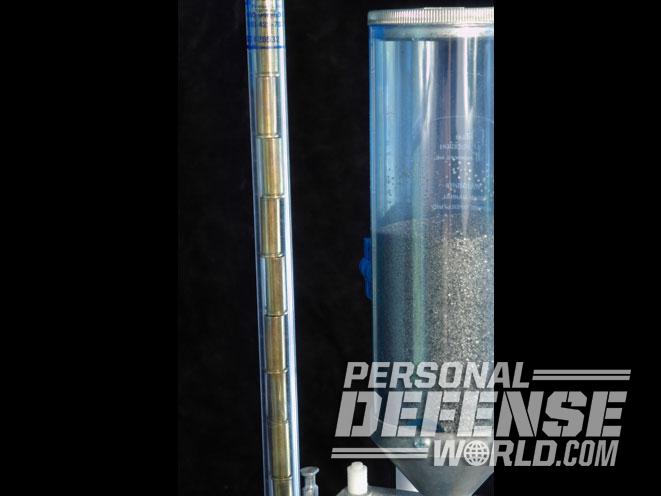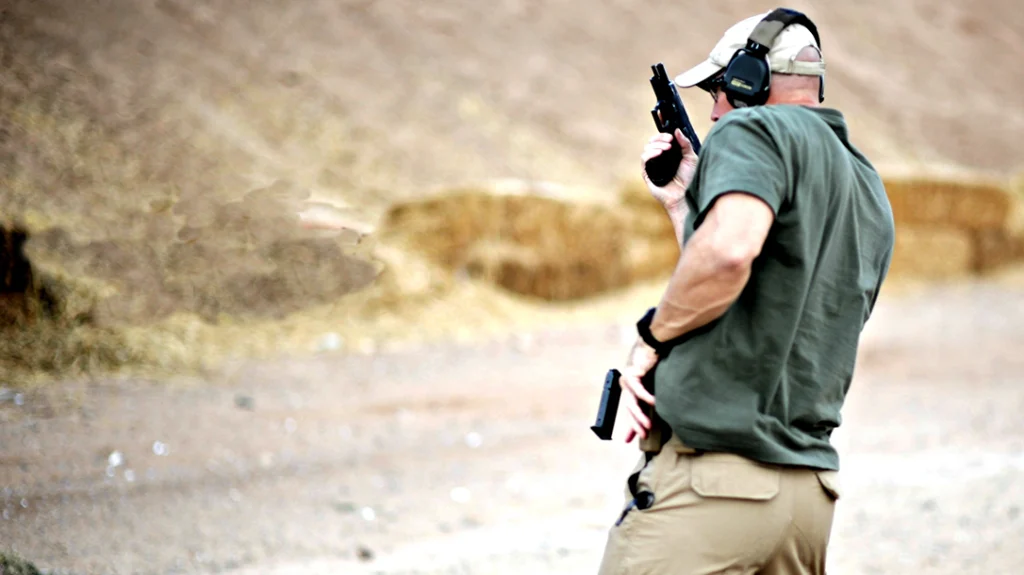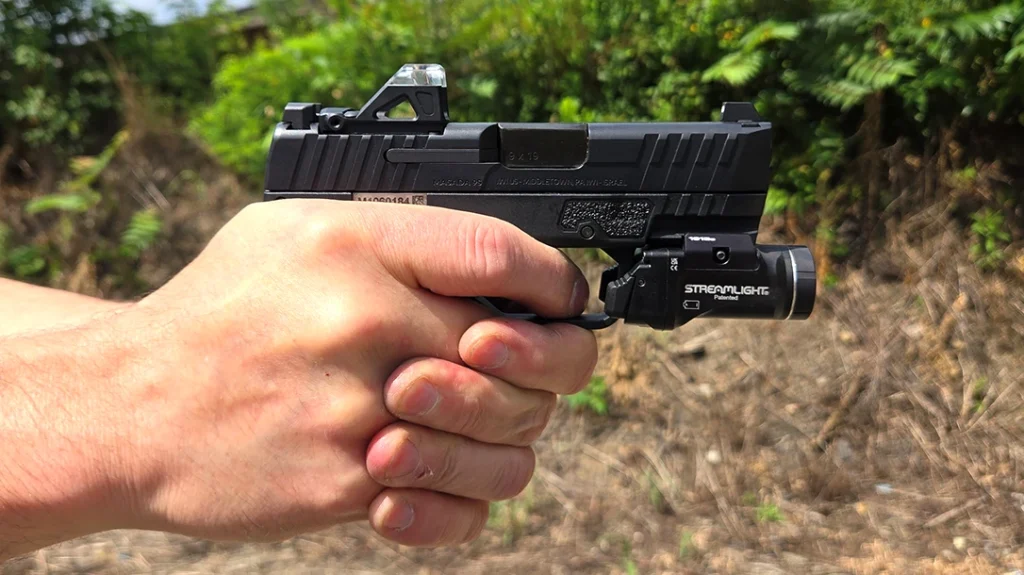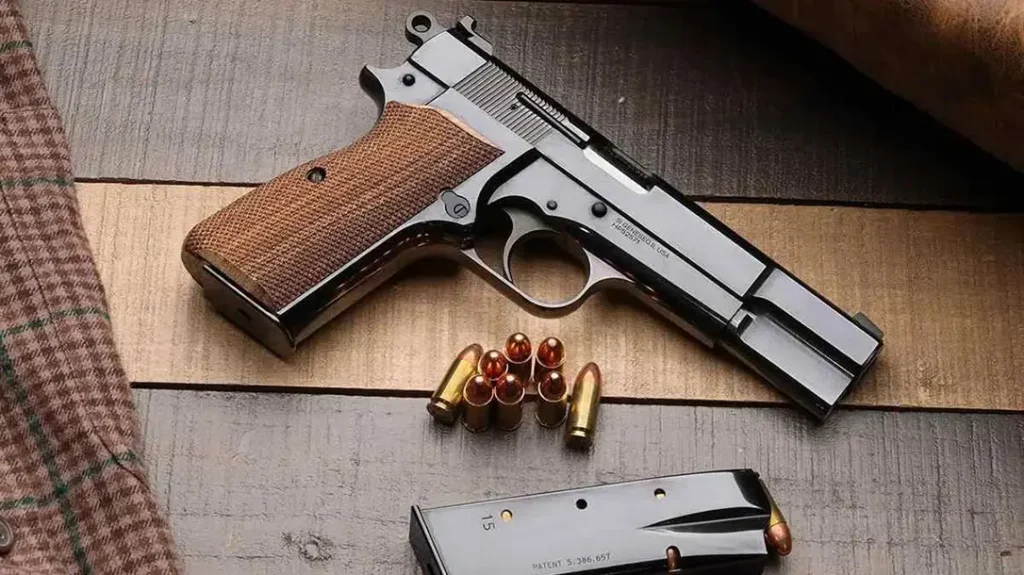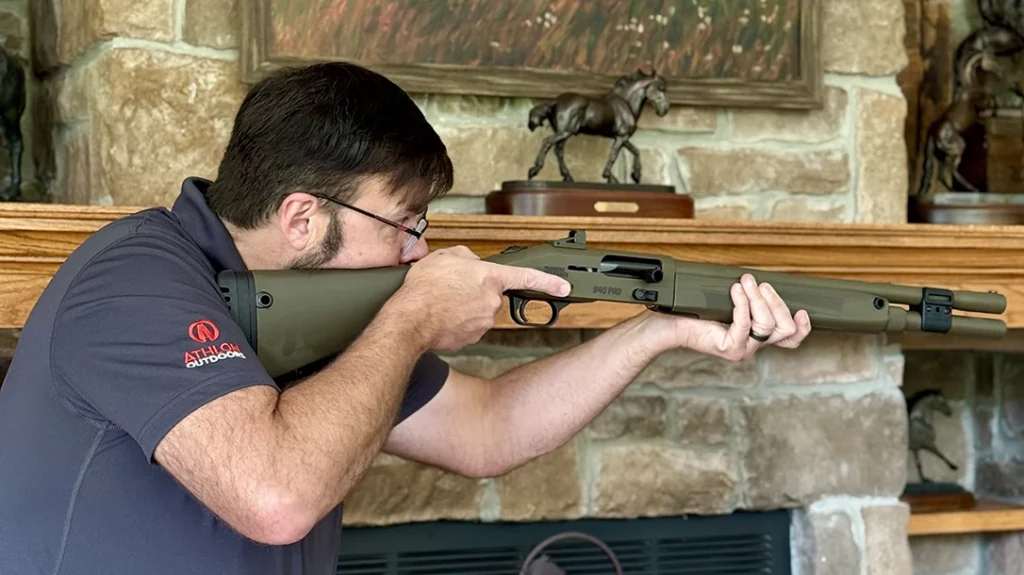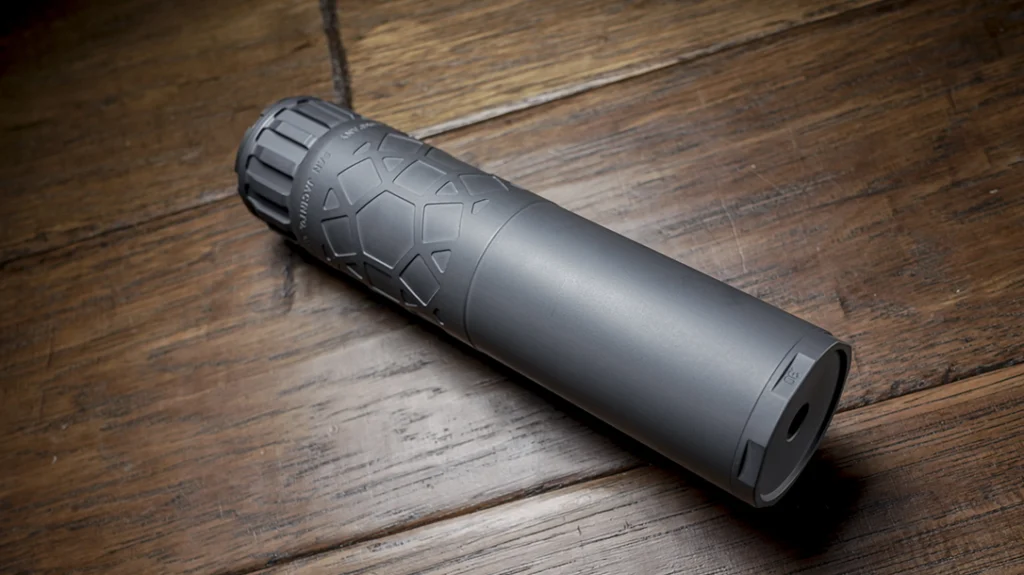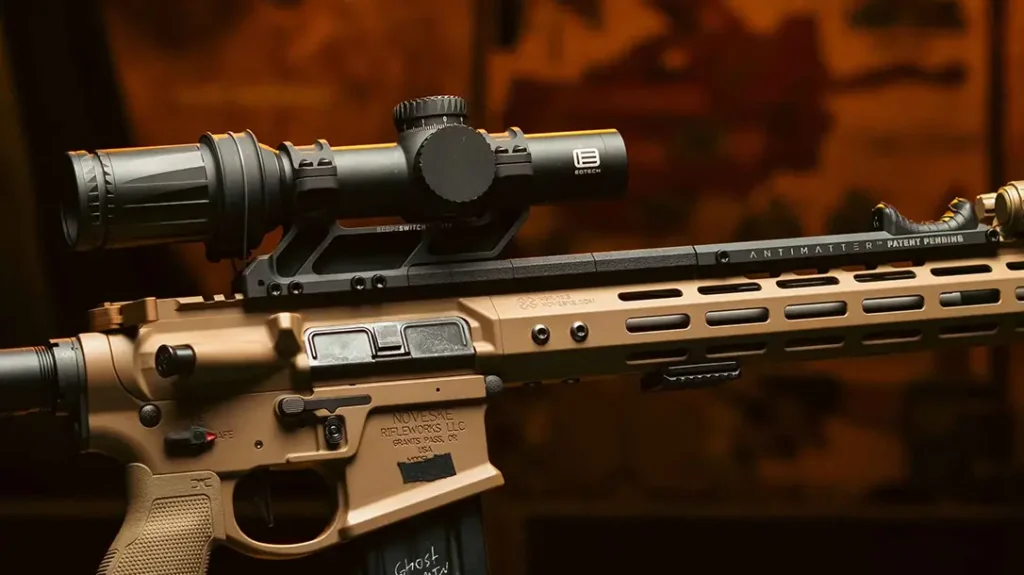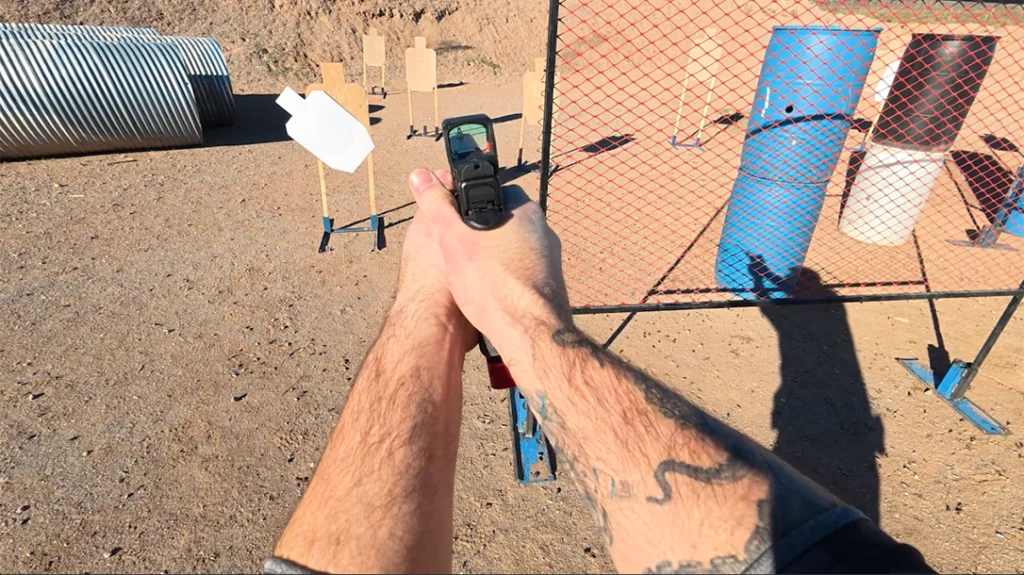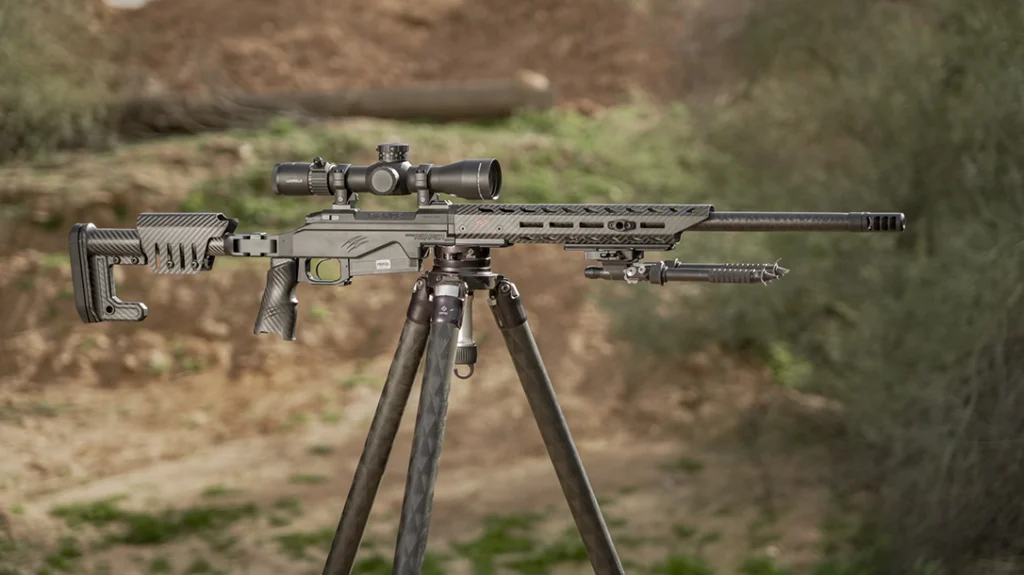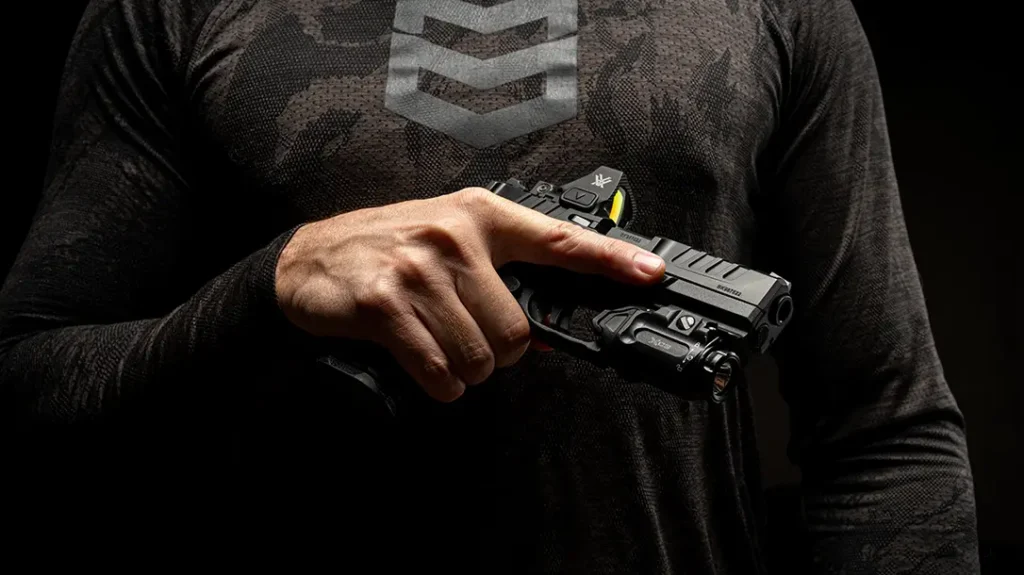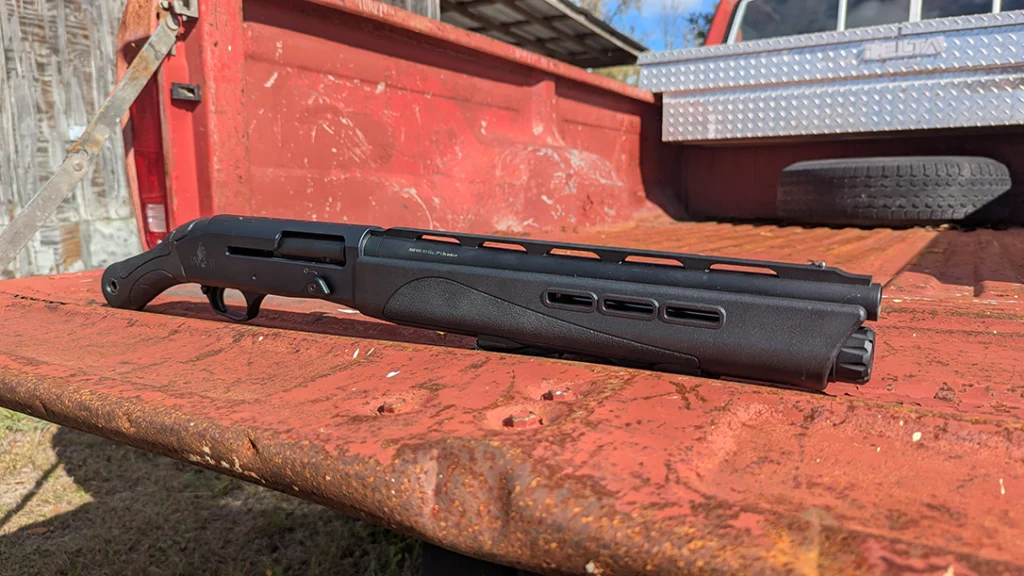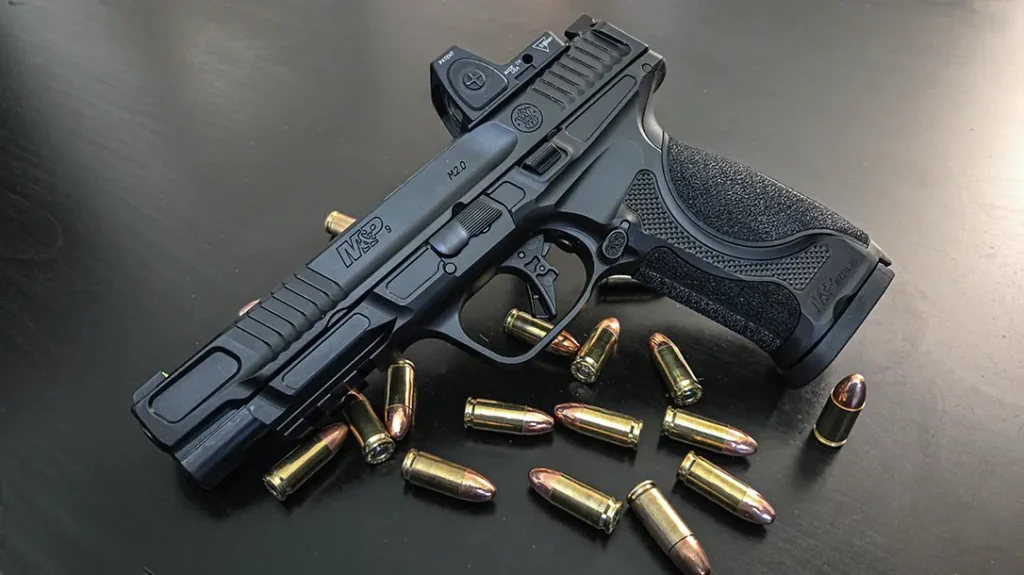The old joke goes like this. A man carrying a violin case stops a New York cop and asks, “How do I get to Carnegie Hall?” The cop replies in a deadpan voice, “Practice, practice, practice.” It’s the same with shooting. And, when it comes to handgun shooting (even more so than with rifles), in most cases you can put a lot of ammo on target on a day at the range. The problem is ammo is expensive. To make enough to keep your trigger finger busy on the range, you need a lot.
The key here is volume, not precision. This is practice ammo, so the goal is to load a lot of ammo for the lowest cost and the least amount of work possible. As long as it’s reliable and reasonably accurate, it’s fine. The bullet only has to punch a hole in paper or smack a steel target. So, shop for bulk pricing on bullets, powder and primers. Do your loading with a progressive press, preferably one with as many work- and time-saving bells and whistles as possible.
Here are a few tips I have picked up to make that go a bit easier.
Advertisement — Continue Reading Below
Sorting Brass
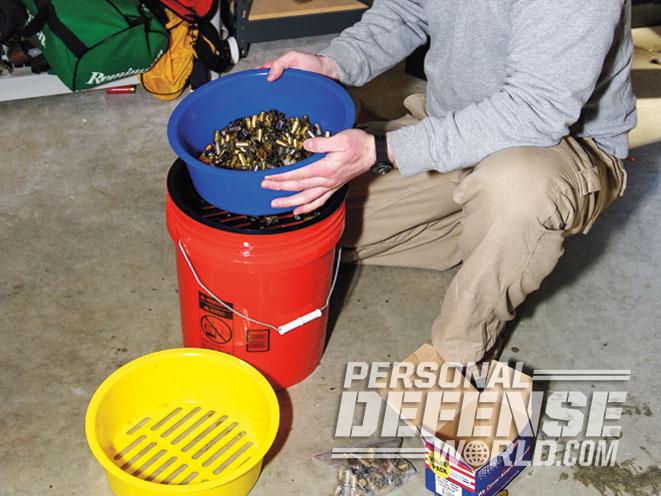
Progressive loaders are production machines, and they only work as well as the components you put into them. Nothing can gum up the works quicker than the wrong case in your case feeder. So, sorting your brass is important.
RELATED STORY: 9 Progressive Presses To Maximize Ammo Production
Advertisement — Continue Reading Below
I make it a habit to sort my brass right after returning home at the end of every shooting session. I keep several 2-gallon plastic buckets on shelves in the garage, and each is labeled for a specific cartridge. This chore has always been tedious and time consuming and severely tests my discipline when I really want to put my feet up and sip something amber. But I make it a point of pride to always do sort my range brass before calling it a day.
You can sort by hand as I did for years, but I found a better way. It’s called “The Shell Sorter.” The Shell Sorter has three color-coded pans. Each has a series of slots in the bottom that are precisely sized to pass some cases and retain the others. They are also designed to fit stacked into the top of a 5-gallon bucket. To use, you place the pans, in order, on top of the bucket and pour in some mixed brass. Pick up the top pan and shake it. When the brass stops falling out into the next pan — what’s left are .45 ACP and similar- sized cases. Now pick up the next pan and when you are done it contains .40 S&W size cases. The final pan holds 9mm size cases. The smaller cases, including rimfire brass, as well as all dirt and debris, will fall into the bucket. Now the final sorting is much easier.
Deep Cleaning
Advertisement — Continue Reading Below
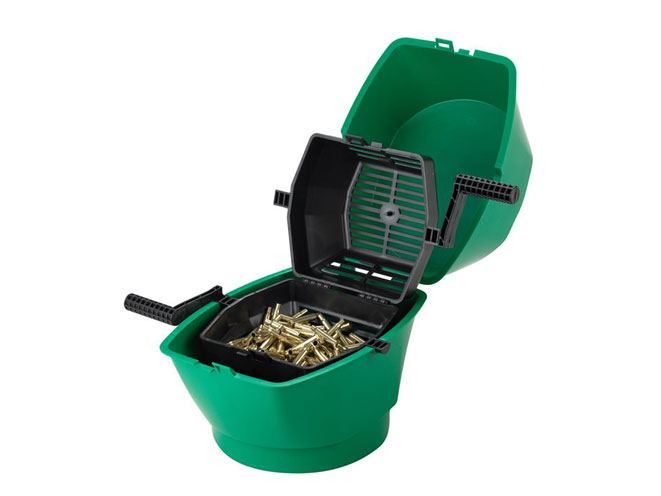
After sorting, clean the brass in a vibrating case cleaner for a few hours. I have found that ground corncob works the best for medium. I think it does a better job than crushed walnut hulls with less dust left on the cases. It’s important to clean the cases, as any dirt or corrosion can not only spoil the cartridge, but can also damage your dies. All of the medium must be removed from the cases before loading, as it can leak out and jam up the loading machine. The best way I have found is the RCBS Case/Media Separator. This has a basket that rotates inside a large plastic container. The basket is turned with a handle so that the cases are agitated to ensure they spill out all of the cleaning medium.
RELATED STORY: Reloading 101 – How To Load Your Own Ammunition
Before filling the case feeder, inspect and sort the brass again. I look not only for the correct cartridge, but also for defective or split cases. Also look for anything odd, as the brass you pick up at the range might not be all yours. It’s easy enough to pick up steel cases from imported ammo, or even Berdan-primed cases that can damage your machine. (A powerful magnet can help find the steel cases.) I have even run into cases with odd-sized primer pockets. All of this sorting might seem like overkill, but it will be time well spent if your loading machine keeps running smoothly.
Advertisement — Continue Reading Below
Lubricated cases create an entire class of problems with a progressive reloading machine, but pistol shooters are exempt. Carbide dies are the only kind to consider for loading any straight-walled pistol cases, because they eliminate the need to use lubrication on the case.
Powder Pros
Advertisement — Continue Reading Below
I think it’s critical to use a powder check die to locate missing or incorrect powder charges. I do not recommend a check die that requires a visual check, because I guarantee that you will forget to watch it. The best powder check dies are the “in your face” style that can’t be ignored. The RCBS lock-out die stops the press until you solve the problem. The Dillon powder check die has a buzzer that sounds if a charge is off or missing. It does not affect the operation of the machine, but it’s hard to ignore.
RELATED STORY: 9 High-Tech, Next-Gen Reloading Powders
Keep a small paintbrush and some canned air by your loading area to deal with the inevitable spilled powder. One common problem with ball powder happens if you miss a primer. The powder will run out of the flash hole and really gum up the works. Do not use a vacuum cleaner to remove spilled powder. Doing that just creates a portable bomb to hold in your hand. Use the brush and canned air. Then sweep the powder off your bench and into a suitable container with a whiskbroom.
Advertisement — Continue Reading Below
Feeding Malfunctions
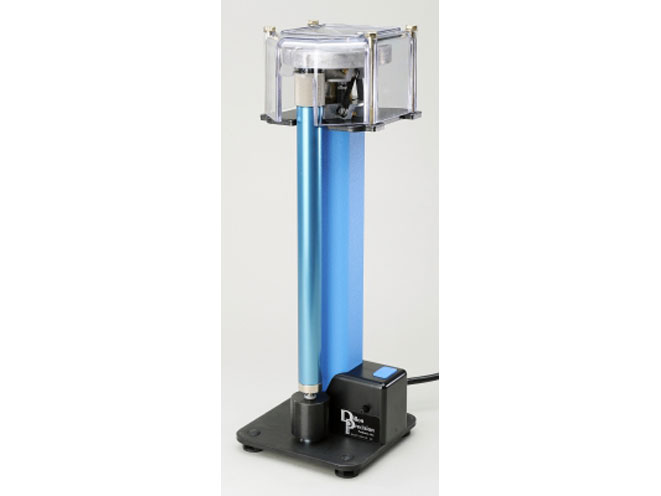
Be very wary of jammed primers. In fact, if you have a jam, stop, remove all the other primers if possible and proceed with extreme caution to clear the jam. Do not have any loose primers or open cans of powder on the bench. A few years ago, I had a machine that was giving me primer-feeding problems. I had stopped several times to clear the jams and each time I would take the system apart, I would drain the primers from the feed tube. It wasn’t long before I had accumulated several hundred loose primers in a tray on the bench. I made a mistake with a jammed primer and it detonated. The primers in the feed tube that I failed to drain because I was sick of dealing with it also detonated, as did all the primers on the bench. The total was close to 400 primers detonating at once. My wife, who was washing dishes in the kitchen over my basement loading area, said it felt like the explosion lifted the house off the foundation. My arms and face looked like two-week-old raw hamburger, and I was picking primer anvils out of my skin for days. The shape of my safety glasses was outlined in the damaged and soot-smeared skin on my face. I shudder to think what would have happened if I had not been wearing them. It’s hard to shoot when you are blind.
RELATED STORY: Handloading Tips – Lubing & Sizing Cast Bullets
Advertisement — Continue Reading Below
On the topic of primers. It will save you an incredible amount of time to use the Dillon RF 100 Primer Filler. This machine charges the primer tubes while you are loading ammo, so there the primers are in a tube and ready for a refill as soon as your low-primer alert buzzes. It’s not cheap, but the time it saves pays for itself pretty quickly.
Final Inspection
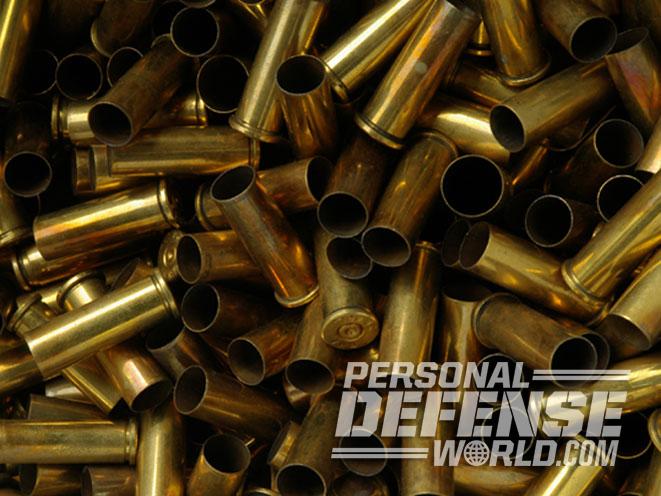
Advertisement — Continue Reading Below
After loading, resist the temptation to simply dump all the ammo in a bucket and head to the range. Another boring inspection is needed. I don’t care how good you are, I guarantee there will be missing primers, backwards primers, damaged primers and improperly seated primers. The case may have a split or the neck damaged from improperly seated bullets. So, take the time to look over each cartridge. Big ammo companies use scanners, lasers, computers and highly trained people to inspect their ammo. A handloader has only his hands, eyes and brain.
I buy the orange 6-gallon “Homer” buckets at Home Depot, and when one is full, I figure that’s enough practice ammo for a few practice sessions.
FOR MORE INFORMATION
Dillon Precision
http://www.dillonprecision.com; 800-762-3845
RCBS
http://www.rcbs.com; 800-379-1732
Shell Sorter
http://www.shellsorter.com; 316-251-0870
